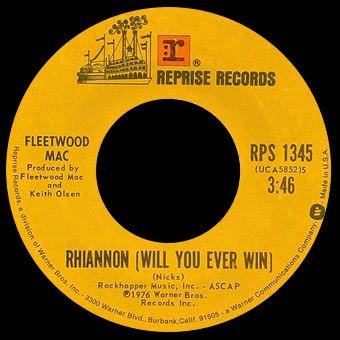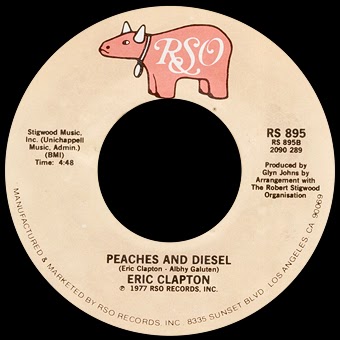The confusion of the artist’s name caused the band to rebrand as “The Guess Who?” and later as “The Guess Who.” With Quality not having an arm in the US, the band’s first five US singles were issued on Scepter, the next two were issued on Amy Records, and one followed on Fontana Records. In 1968, the band signed an international contract with RCA and the rest is history as a string of hits followed.
I bought my copy of “And She’s Mine,” the band’s first release on Amy Records, at a flea market in 1971. I probably paid 25¢ for the single; about 20 years ago, it was valued at $20.00 – so I got my money’s worth.
Released in the US in September 1966, the single and its corresponding Canadian album, “It’s Time,” were released after Chad Allen had left the band. Burton Cummings had already joined The Guess Who in 1965 and shared vocal duties with Allen, but assumed the lead vocal role in 1966 following Allen’s departure.
Similar in sound to the new American band, The Monkees, “And She’s Mine’s” Canadian release in August predated the first Monkees’ single, “Last Train to Clarksville” – so there was no overt influence from the lower 48 on this particular recording. “And She’s Mine” is a pop hit written by lead guitarist Randy Bachman and features Chad Allen singing lead. The song was not a huge success in Canada, as it peaked at #32. In the US, the single failed to make it to the charts – a true bubbling under record.

































